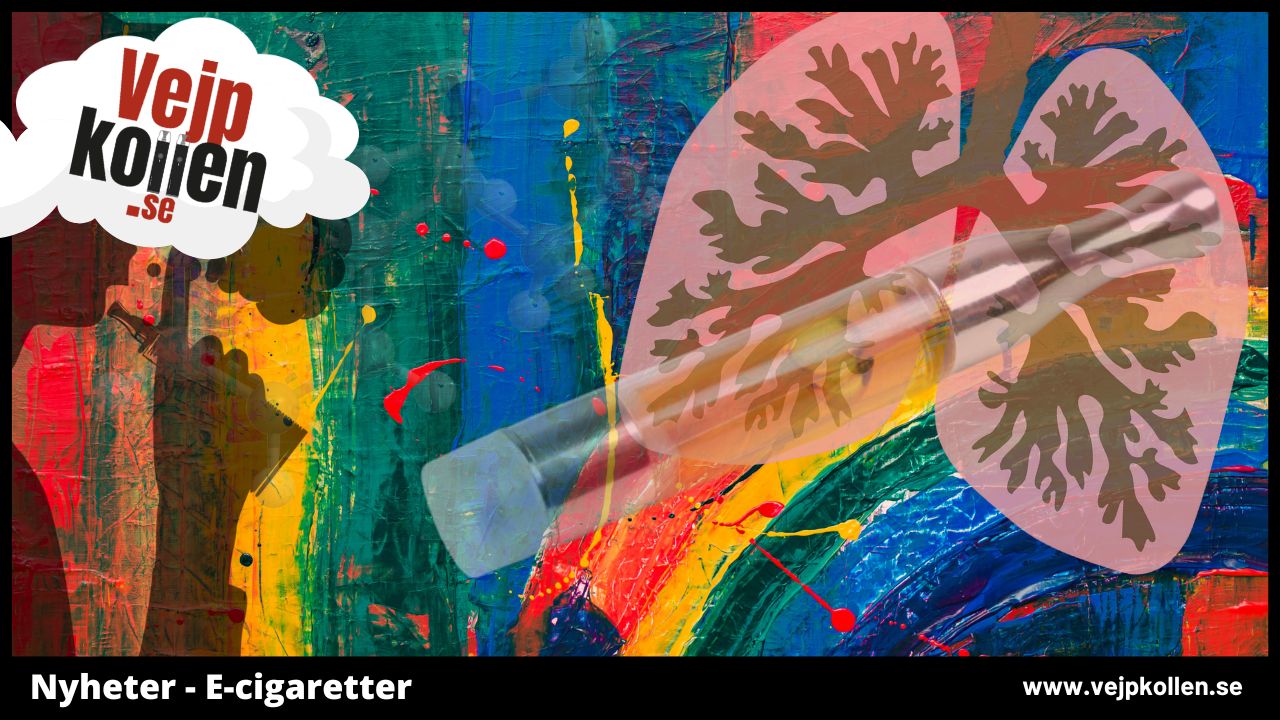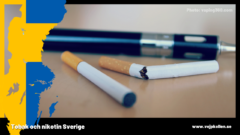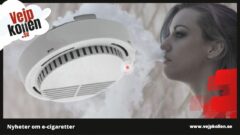Four people in their early teens have been taken to hospital after inhaling an unknown drug via vejpning. This is reported by Sveriges Radio Medelpad. According to the police, the pupils know each other and the vejping should have taken place during school hours.
"It has been difficult to make contact with some of the students. They have been unwell and confused." says Municipal Police Henrik Blusi to Sveriges Radio Medelpad.
According to the police, it is still unknown what kind of drugs the students have taken.
"Only in a few weeks will we know if it is something illegal, like narcotics, another substance harmful to health, a lot of nicotine or something else," Henrik Blusi told Swedish Radio.
Rare with acute injuries
It is very rare that the use of e-cigarettes leads to acute harm. But it has happened. In 2019, nearly 3000 Americans hospitalised after having vejpat the substance e-acetate - a non-water-soluble substance used to dilute cannabis oil in e-liquid. 68 people died in the aftermath of the lipid pneumonia that followed.
Vejpade oil - dog
Regular e-liquid consists only of water-soluble substances, which is necessary for nicotine to dissolve in the liquid. Also regulated vejps for cannabis use (mainly in the United States) consists of water-soluble substances. E-acetate, on the other hand, is a lipid (oil-based liquid) suspected to have been used by manufacturers to dilute expensive cannabis oil without diluting the e-liquid. When heated, e-acetate forms an oil-like substance that sticks to the lungs and leads to lipid pneumonia. Lipid pneumonia cannot be treated with pencillin without requires special treatment.
EVALI disappeared quickly
The outbreak of so-called EVALI was soon linked to widespread sales of illegal cannabisvejps in the form of pre-filled tanks sold on the black market. Also in Sweden, doctors reported about two cases of so-called EVALI - also linked to products purchased through illegal online channels. The products causing EVALI disappeared from the market after six months and the outbreak peaked in autumn 2019.




